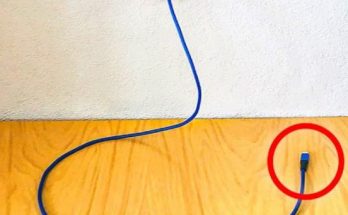Attention: These Symptoms May Indicate That You Are About To Have A Heart Attack
Recognize the warning symptoms as early as possible.
If you experience any of these warning signs of a heart attack, you should get medical assistance as soon as possible. Some heart attacks happen all of a sudden and are very severe. However, the majority begin gradually, with only a slight ache or discomfort. Pay attention to your physical self and dial 911 if you encounter any of the following symptoms:
Discomfort in the chest The majority of people who have a heart attack experience discomfort in the middle of their chest that lasts for more than a few minutes — or the discomfort may go away and then return later. It may feel like an uncomfortable combination of pressure, fullness, squeezing, or discomfort.

The discomfort felt in several other parts of the upper body Pain or discomfort may be experienced in either or both arms, the back, neck, jaw, or stomach, among other possible locations.
Uneasy and shallow breaths This can happen whether or not there is discomfort in the chest.
Other indications Other potential symptoms include breaking out in a cold sweat, experiencing nausea, or becoming lightheaded.
Symptoms vary between men and women
Chest pain, often known as angina, or discomfort is the most prevalent symptom of a heart attack in women, just as it is in males. However, women are more prone than males to experience some of the other typical symptoms, including shortness of breath, nausea and vomiting, as well as pain in the back or jaw.
Please don’t be afraid to dial 911.
Learn the warning symptoms of a heart attack, and keep in mind that you should seek medical attention even if you are unsure whether or not you are experiencing one.
Minutes matter. A prompt response can save lives, including your own life.
Dial 911 immediately if you feel any of the warning signs of a heart attack. Dialing 911 is nearly always going to be the quickest way to seek treatment that could save your life.
When an emergency medical services (EMS) crew arrives at the scene, treatment can begin immediately; this is up to an hour earlier than when someone drives themselves to the hospital. The personnel of an EMS service are also trained to do CPR on patients whose hearts have stopped beating. Patients who arrive at the hospital with chest pain and are transported there by ambulance almost always receive treatment more quickly.
It is in everyone’s best interest to dial 911 in the event of a medical emergency. This will allow an experienced EMS crew to initiate treatment and arrange for speedy transport to the nearest




